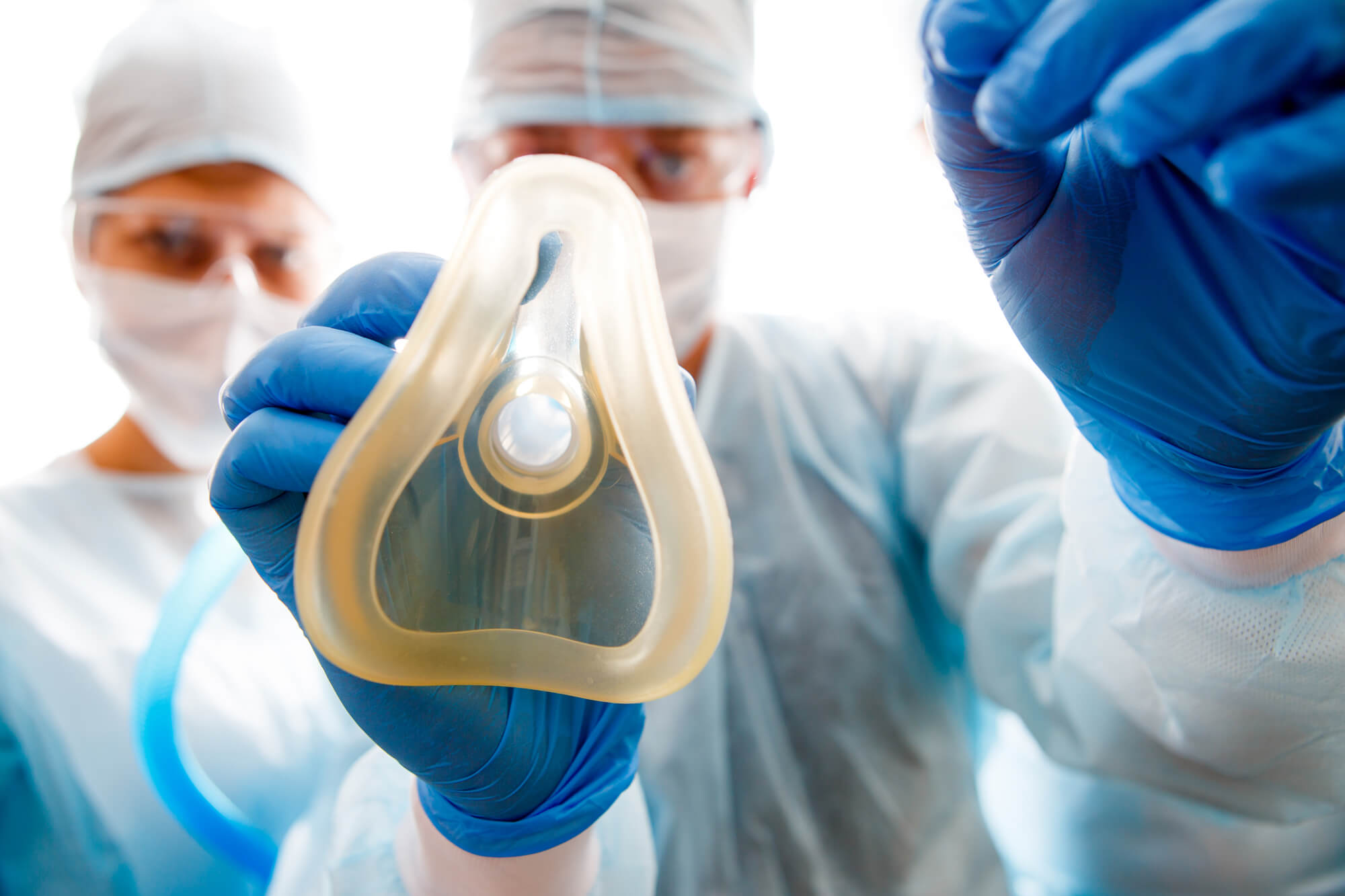Anesthesia, also spelled “anaesthesia”, is medicine used to create a numbing effect in the human body. The word anesthesia means “loss of sensation”, and we call these medicines anesthetics. There are multiple types of anesthetics depending on the type of procedure being done. The two most common types of anesthesia are Local Anesthesia & General Anesthesia. What do they do, and what’s the difference? Let’s find out.
Local anesthesia
Local anesthetics are applied to a specific area and only cause numbing in that “local” area, hence the name. These are used in situations where the area that needs the anesthetic is easily accessible. Local anesthetics are typically applied via a spray, ointment, injections, or other methods suitable for surface-level anesthesia. The anesthetics that your dentist uses to make sure you don’t feel pain during a cavity filling are local anesthetics. Cough drops would also be considered local anesthetics, as they cause numbing on the parts of the mouth & throat which the cough drops come in contact with.
General anesthesia
General anesthesia is more potent, and affects the entire body. General anesthesia is used in more invasive procedures like surgeries. General anesthesia renders the patient unconscious, allowing them to be completely unaware of the procedure while the operation is going on. General anesthetics are typically administered via an injection, or are inhaled. The colloquial term “going under” for a medical procedure refers to being under the effects of general anesthesia.General anesthetics cause a controlled unconsciousness where the brain stops responding to the sensory signals it receives from the nerves. The patient feels no pain, has no memory of the procedure, and is woken up when the anesthetics are no longer being administered and wear off. General anesthesia will only be performed under the close supervision of a specialist with the training to be an Anesthetist. Examples of procedures where general anesthesia would be applied are abdominal surgeries, dental surgeries, heart surgery, and many more.
Other types of anesthesia?
As mentioned previously, there are more types of anesthesia than just local and general. Some situations call for regional anesthesia. Regional anesthesia is given to a specific area of the body, but affects a larger portion of the body than local anesthetics. These allow for anesthesia
to be given to deeper tissue in the target area for more extensive operations. There are three main types of regional anesthesia;
- epidural anesthesia
- spinal anesthesia
- nerve block
Epidural anesthetics are administered into the back through a small tube known as an epidural catheter. This allows for continuous anesthesia that can make numbness last for a long time.
Spinal anesthetics are given via a single injection into the spine. The effects of this anesthetic last for a couple hours.
A nerve block is an injection that targets a specific nerve or group of nerves to stop pain from a specific region of the body. Nerve blocks allow for surgical operations without general anesthesia, and are also commonly used for pain control after an operation.
In summary…
Local anesthetics are administered to a targeted area for numbness only in that specific location. These are commonly given topically or through a shallow injection, and the patient remains fully conscious under the effects of local anesthesia. General anesthesia is given by injection or inhalation, and renders the patient unconscious and pain free during more complex operations.
Regional anesthesia is like a larger scale version of local anesthesia. The main types of regional anesthesia are epidural, spinal, and nerve block. Regional anesthetics are administered through injections that will numb the target areas, and allow for operations without the use of general anesthetics..
Make sure to talk to your doctor or surgeon prior to any operations to discuss what type of anesthesia will be applied. Consult them on the best option for your specific situation, and rest easy knowing that a trained team of specialists will be taking care of you throughout the entire procedure.

